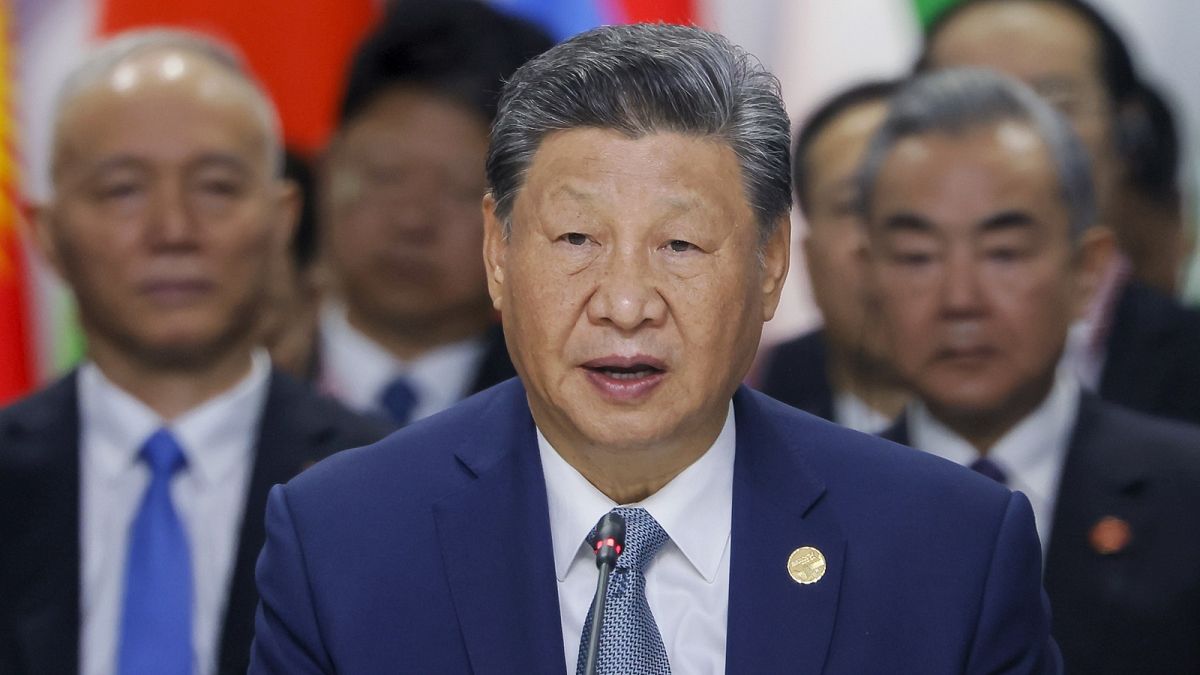Beijing has issued a warning to the European Parliament regarding the issue of Taiwan, emphasizing that it is a “red line” that should not be crossed. The Chinese government reacted strongly to a resolution adopted by the European Parliament, which criticized China for distorting history and international rules to justify its claims over Taiwan. Lawmakers urged China to cease military operations, economic coercion, and hostile disinformation campaigns against Taiwan, a self-ruling democratic island.
The Chinese Mission to the EU expressed strong opposition to the European Parliament’s resolution, citing the One-China policy and Resolution 2758 adopted by the UN in 1971. While the international community respects the One-China policy by only recognizing the People’s Republic of China, Beijing claims Resolution 2758 as the legal basis for its territorial claims over Taiwan. Beijing has used this argument to block Taiwan’s participation in international organizations such as the WHO and ICAO.
In response to the European Parliament’s resolution, lawmakers challenged Beijing’s interpretation of Resolution 2758, stating that it does not mention Taiwan or the Republic of China. They called for Taiwan’s meaningful participation in international organizations and emphasized that the Taiwanese people should democratically decide their future. Beijing condemned the Parliament’s position as distorting facts, violating international law, and provoking the post-WWII international order.
President William Lai of Taiwan has rejected Beijing’s rhetoric and vowed that the island will never become subordinate to the mainland. Lai has called for formal dialogue based on parity and dignity with China, which Beijing has rejected. China views Lai as a dangerous separatist and has increased military drills near Taiwan in response to his stance. This is not the first time Brussels has faced Beijing’s anger over Taiwan, with similar tensions arising in July after comments made by European Commission President Ursula von der Leyen regarding China’s actions in the region.
In conclusion, the issue of Taiwan continues to be a contentious point between Beijing and the international community. While China asserts its territorial claims based on historical interpretations of UN resolutions, Taiwan remains committed to its de facto independence and calls for dialogue with China based on equality. The European Parliament’s resolution reflects a growing concern over China’s actions in the region and highlights the need for diplomatic solutions to prevent further escalation of tensions over Taiwan. It remains to be seen how Beijing and the international community will navigate this complex issue in the future.










